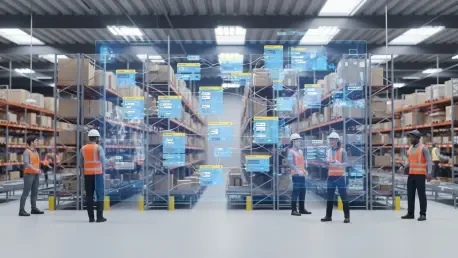
The historical reliance on static representations of human workers within industrial simulation environments has created a significant gap between theoretical facility throughput and the actual operational realities of the factory floor. For decades, the primary focus of digital modeling remained
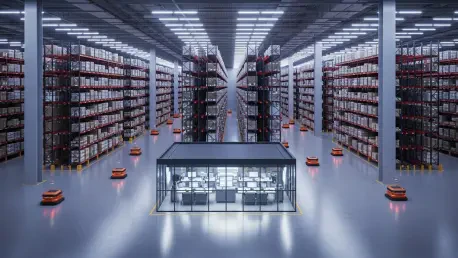
Rohit Laila is a seasoned veteran in the logistics and supply chain sector, boasting decades of hands-on experience navigating the complexities of warehouse operations and delivery networks. Throughout his career, he has witnessed the evolution of technology from basic inventory tracking to the
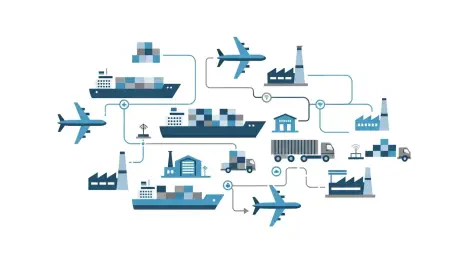
With decades of experience spanning the supply chain and delivery sectors, Rohit Laila has been at the forefront of the logistics industry's technological evolution. His passion for innovation provides a unique lens through which to view the recent strategic acquisition of Stellium by the
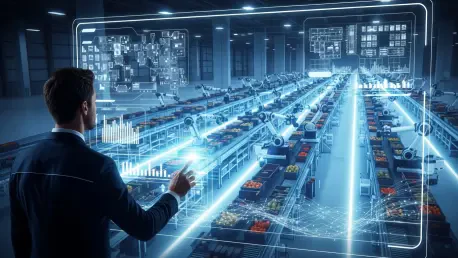
The journey of fresh produce from farm to shelf is a race against time, where a single delay can translate into significant spoilage and financial loss across an entire supply chain. The implementation of robotic automation represents a significant advancement in the fresh food logistics sector.

The ongoing challenge of maintaining precise inventory control in vast, complex warehouses has long been a critical vulnerability in the global supply chain, a problem that traditional systems have struggled to resolve completely. Physical AI for inventory management represents a significant
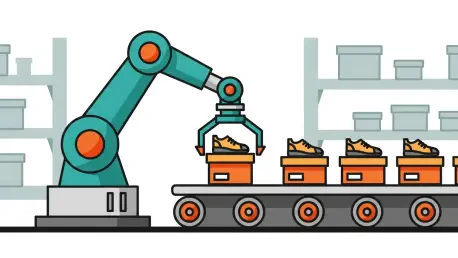
The deceptively simple shoebox, a ubiquitous container in the world of fashion logistics, has long represented a formidable challenge for warehouse automation systems that excel at handling standardized, rigid packages. For years, the two-piece, unsealed design has been the bane of robotic picking
1 2 3 4 5 6 7 8 9 10 11 12 13 14 15 16 17 18 19 20 21 22 23 24 25 26 27 28 29 30 31 32 33 34 35 36 37 38 39 40 41 42 43 44 45 46 47 48 49 50 51 52 53 54 55 56 57 58 59 60 61 62 63 64 65